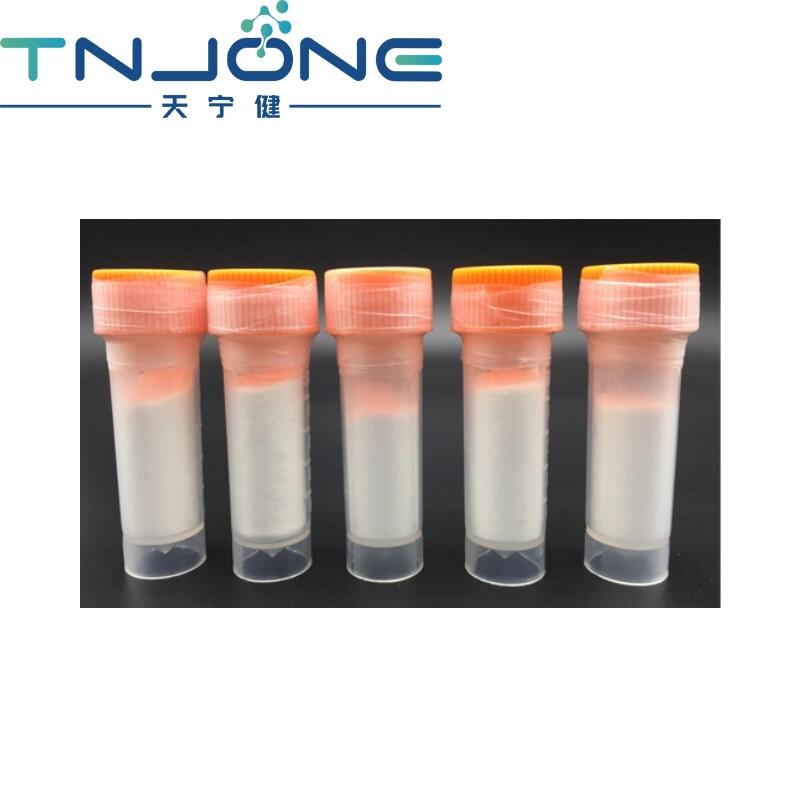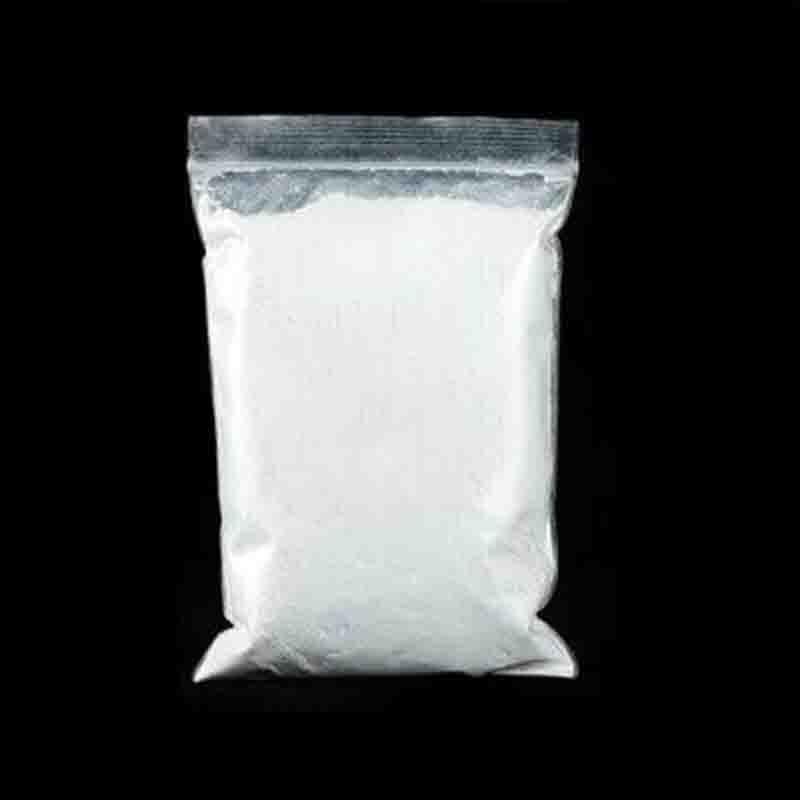-
Categories
-
Pharmaceutical Intermediates
-
Active Pharmaceutical Ingredients
-
Food Additives
- Industrial Coatings
- Agrochemicals
- Dyes and Pigments
- Surfactant
- Flavors and Fragrances
- Chemical Reagents
- Catalyst and Auxiliary
- Natural Products
- Inorganic Chemistry
-
Organic Chemistry
-
Biochemical Engineering
- Analytical Chemistry
-
Cosmetic Ingredient
- Water Treatment Chemical
-
Pharmaceutical Intermediates
Promotion
ECHEMI Mall
Wholesale
Weekly Price
Exhibition
News
-
Trade Service
*For reference of medical professionals only, reading is inclusive, "the stone of other mountains can attack jade" Intracranial atherosclerosis is one of the most common causes of stroke worldwide, symptomatic atherosclerotic intracranial atherosclerosis Arterial stenosis (sICAS) refers to the stenosis of intracranial arteries due to atherosclerosis, and an ischemic stroke or transient ischemic attack (TIA) has occurred in the area supplied by the stenotic arteries
.
Generally speaking, 33%-50% of patients with intracranial atherosclerotic stroke are Asian population
.
In March 2022, the American Academy of Neurology (AAN) published guidelines for stroke prevention in symptomatic intracranial atherosclerosis.
This article focuses on treatments to reduce the risk of stroke recurrence or death in patients with sICAS
.
This practice guideline has been developed in accordance with the content outlined in the American Academy of Neurology's Clinical Practice Guidelines Process Manual (2011 Edition, Revision), and these recommendations are based on evidence, relevant evidence, principles of care, and inferences
.
The main recommendations are as follows: 1.
For severe (70%-99%) sICAS patients with low bleeding risk transformation, clinicians should recommend aspirin 325mg/d for long-term prevention of stroke and death, and should recommend adding chlorine to aspirin Pidogrel 75 mg/d for up to 90 days
.
2.
Clinicians should recommend high-intensity statin therapy to achieve LDL cholesterol levels <70 mg/dL, long-term blood pressure goals <140/90 mmHg, combined with moderate physical activity, and treatment of other modifiable blood vessels in patients with sICAS risk factors
.
3.
Clinicians should not recommend percutaneous angioplasty and stenting for stroke prevention in patients with moderate (50%-69%) sICAS, or as initial treatment for stroke prevention in patients with severe sICAS
.
4.
Clinicians should not routinely recommend angioplasty or indirect bypass surgery alone for stroke prevention in patients with sICAS
.
5.
Clinicians should not recommend direct bypass surgery to prevent stroke in patients with sICAS
.
6.
If a patient is being considered for percutaneous transluminal angioplasty and stenting, clinicians should inform the patient of the risks of the procedure
.
Specific clinical recommendations are as follows.
Suggested references for future research: [1] Turan TN, Zaidat OO, Gronseth GS, et al.
Stroke Prevention in Symptomatic Large Artery Intracranial Atherosclerosis Practice Advisory: Report of the AAN Guideline Subcommittee [J].
Neurology , 2022, 98(12): 486-498.
Link https:// WONG L K.
Global burden of intracranial atherosclerosis [J ].
Int J Stroke, 2006, 1(5):158-159.
.
Generally speaking, 33%-50% of patients with intracranial atherosclerotic stroke are Asian population
.
In March 2022, the American Academy of Neurology (AAN) published guidelines for stroke prevention in symptomatic intracranial atherosclerosis.
This article focuses on treatments to reduce the risk of stroke recurrence or death in patients with sICAS
.
This practice guideline has been developed in accordance with the content outlined in the American Academy of Neurology's Clinical Practice Guidelines Process Manual (2011 Edition, Revision), and these recommendations are based on evidence, relevant evidence, principles of care, and inferences
.
The main recommendations are as follows: 1.
For severe (70%-99%) sICAS patients with low bleeding risk transformation, clinicians should recommend aspirin 325mg/d for long-term prevention of stroke and death, and should recommend adding chlorine to aspirin Pidogrel 75 mg/d for up to 90 days
.
2.
Clinicians should recommend high-intensity statin therapy to achieve LDL cholesterol levels <70 mg/dL, long-term blood pressure goals <140/90 mmHg, combined with moderate physical activity, and treatment of other modifiable blood vessels in patients with sICAS risk factors
.
3.
Clinicians should not recommend percutaneous angioplasty and stenting for stroke prevention in patients with moderate (50%-69%) sICAS, or as initial treatment for stroke prevention in patients with severe sICAS
.
4.
Clinicians should not routinely recommend angioplasty or indirect bypass surgery alone for stroke prevention in patients with sICAS
.
5.
Clinicians should not recommend direct bypass surgery to prevent stroke in patients with sICAS
.
6.
If a patient is being considered for percutaneous transluminal angioplasty and stenting, clinicians should inform the patient of the risks of the procedure
.
Specific clinical recommendations are as follows.
Suggested references for future research: [1] Turan TN, Zaidat OO, Gronseth GS, et al.
Stroke Prevention in Symptomatic Large Artery Intracranial Atherosclerosis Practice Advisory: Report of the AAN Guideline Subcommittee [J].
Neurology , 2022, 98(12): 486-498.
Link https:// WONG L K.
Global burden of intracranial atherosclerosis [J ].
Int J Stroke, 2006, 1(5):158-159.







